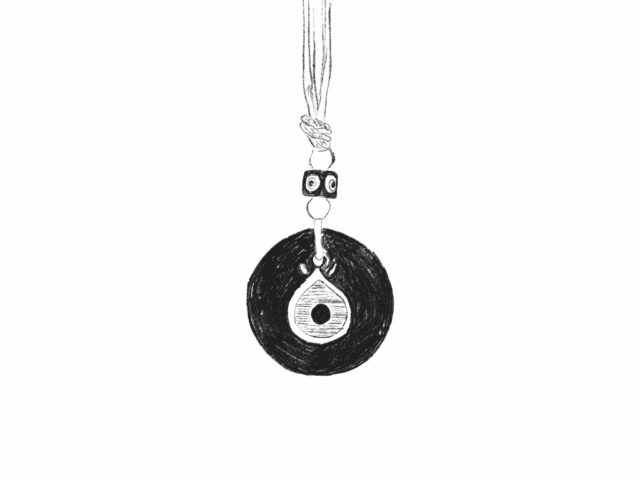
Talk of the Quad
Mean eyes
Content warning: This Talk of the Quad contains depictions of an eating disorder that may be upsetting to some readers.
We all want to feel good about ourselves. And in many ways, I’m incredibly proud of the person I am. …
You seem to be browsing on a screen size, browser, or device that this website cannot support. Some things might look and act a little weird.

Content warning: This Talk of the Quad contains depictions of an eating disorder that may be upsetting to some readers.
We all want to feel good about ourselves. And in many ways, I’m incredibly proud of the person I am. …
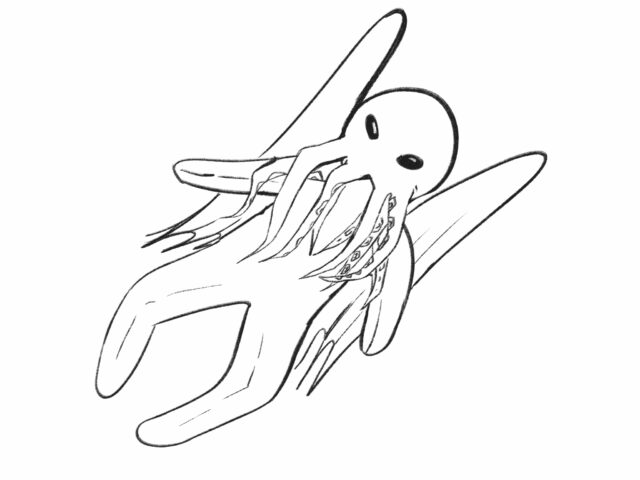
Everyone knows who Stephen King is. The same goes for Anne Rice and John Carpenter. And if you don’t know the names Scott or Bloch, you’ve certainly heard of these creators’ genre-defying films “Alien” and “Psycho.” But not nearly as …
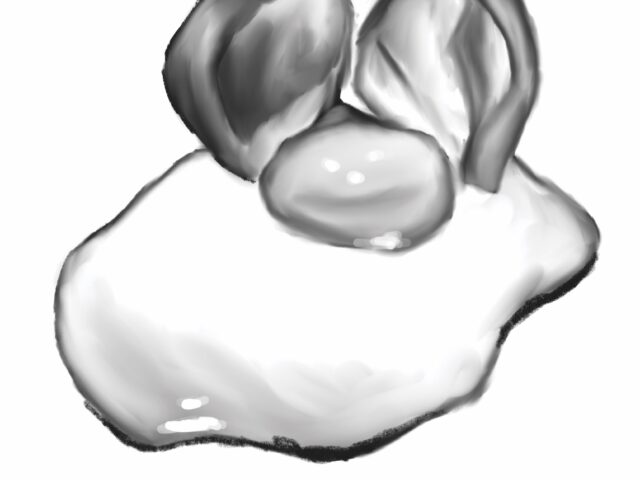
It’s hard to mess up an egg. They’re just so versatile. You can have them boiled or fried. You can have them sunny side up on a nicely toasted piece of sourdough bread (with feta on top if you’re distinguished—like …
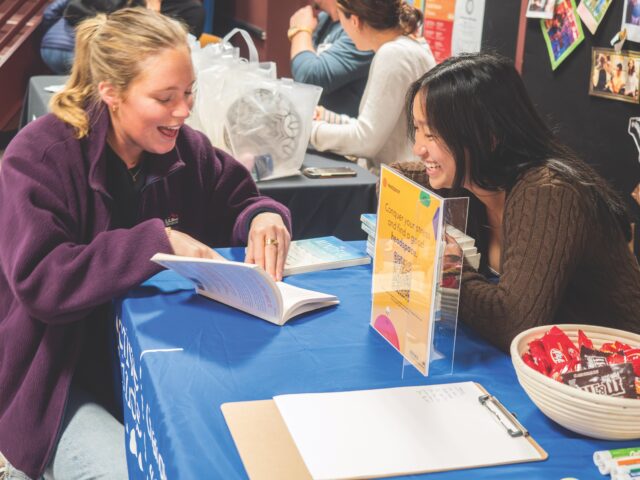
Last Tuesday, Counseling and Wellness Services and Active Minds, a student mental health support group on campus, co-hosted a meet-and-greet event in Smith Union for World Mental Health Day to highlight the availability of on-campus mental health resources. Although World …
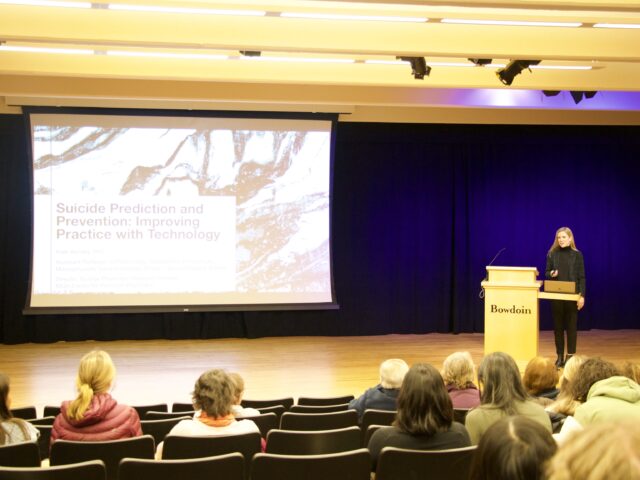
On Tuesday evening, the Department of Psychology invited Harvard Medical School assistant professor and Massachusetts General Hospital clinical psychologist Dr. Kate Bentley to campus. In her lecture, Bentley presented her ongoing research on identifying risk factors for suicide and using …
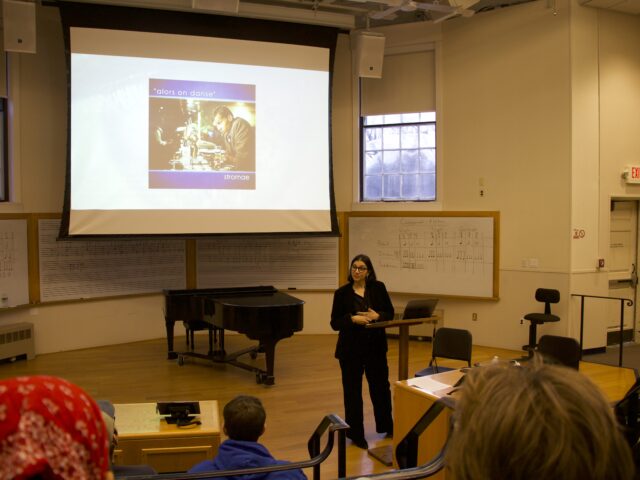
On January 9, 2022, French television broadcast a live news interview with renowned Belgian singer Paul van Haver, better known as Stromae. During the last few minutes of the broadcast, Stromae answered the final question of the interview, which was …

Recording artist and professional mental health speaker Kai Roberts led an interactive performance over Zoom sponsored by Active Minds at Bowdoin College on February 18. Active Minds is an organization with chapters at colleges and universities across the nation that …

On Wednesday evening, the Bowdoin Student Government (BSG) held the first monthly Joint BSG-Student Affairs Staff Mental Health Board meeting and discussed the work it hopes to continue throughout the semester.
The Mental Health board held its own meeting on …

Driven by his observation of the high personal and academic standards to which Bowdoin students, faculty and staff are held, Chris Dehney ’24 seized the opportunity to bring Peer Counseling, a peer-based counseling service, to campus this semester.
While attending …
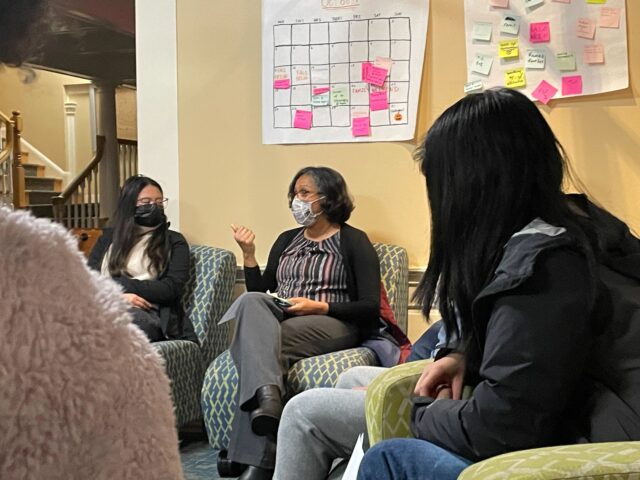
On Wednesday, October 27, Peer Health hosted an Imposter Syndrome panel and workshop to encourage discussion among students and provide insight into how to find help regarding the issue.
An isolating feeling—but not an isolated event—“imposter syndrome” describes the feeling …